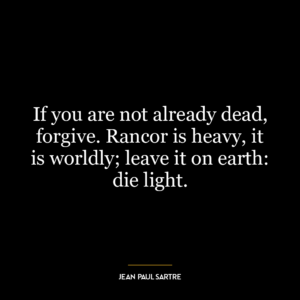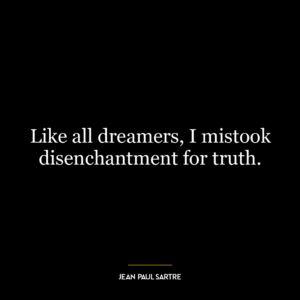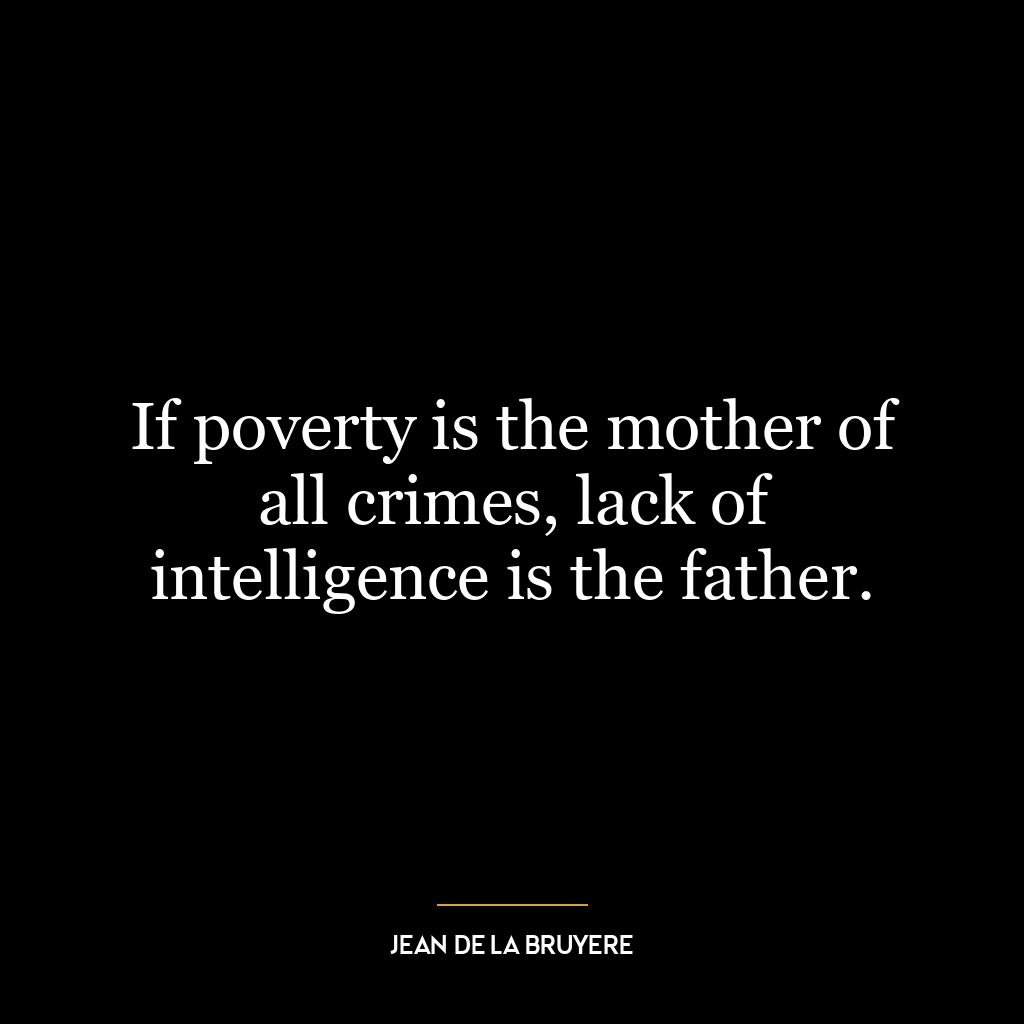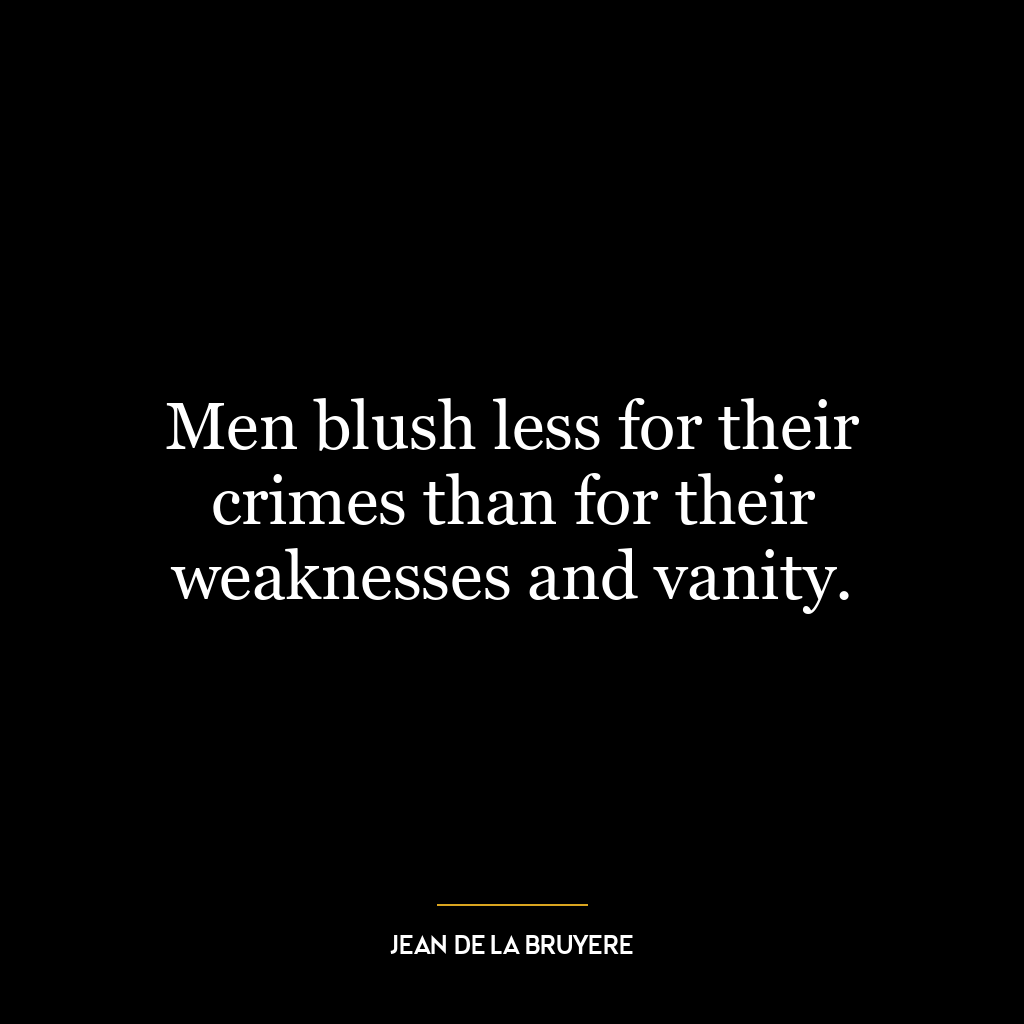This quote expresses a deep dissatisfaction and frustration with the perceived moral and ethical failings of a new generation. The words "dry and sterile as darnel" refer to a type of weed that is often mistaken for wheat but is useless in terms of harvest. In this context, it symbolizes something that appears to be valuable or productive but is, in fact, worthless and unproductive.
The "crimes" mentioned in the quote do not refer to actual legal offenses but rather to the moral and ethical transgressions of the younger generation. These could include apathy, superficiality, lack of authenticity, or disregard for values that were once held in high regard.
The quote suggests a sense of disillusionment and disappointment. The new generation, which should be full of promise and potential, is instead seen as devoid of substance and value – as empty and unproductive as darnel.
In today’s world, this idea could be applied to the way older generations often view younger ones. For instance, millennials and Gen Z are often criticized for being too dependent on technology, for their perceived sense of entitlement, or for their supposedly lax work ethics. These criticisms, whether fair or not, echo the sentiment expressed in the quote.
In terms of personal development, the quote can serve as a reminder to strive for authenticity and substance in one’s actions and character. It warns against becoming "dry and sterile as darnel" – appearing to have value on the surface but lacking depth and productivity. It encourages individuals to cultivate genuine values and meaningful contributions, rather than settling for superficial appearances.















